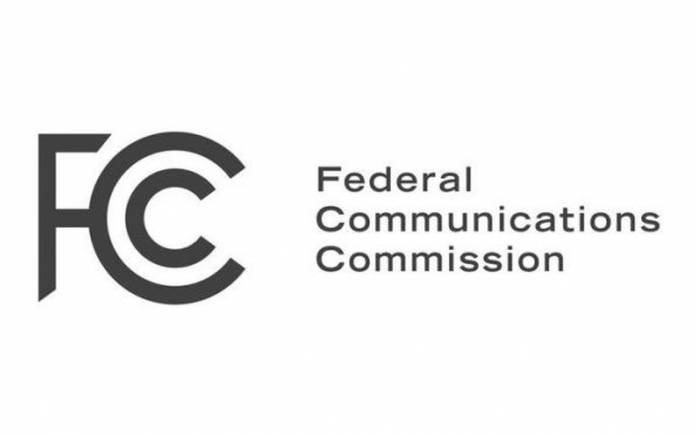
The battle against robocalls sounds like a blockbuster sci-fi action film in the making but it’s a very real thing that carriers and users are experiencing right now. People constantly get spam calls and messages from telemarketers and sometimes even nefarious elements as well. Carriers and device makers have been creating tools and service to help fight this. Now the Federal Communications Chairman himself Ajit Pai is proposing to ban caller ID spoofing for text messages and international calls.
The proposal from the chairman is to close a gap on the Truth in Called ID act of 2009 which apparently doesn’t cover all of the things that can be spoofed. The act actually doesn’t make it illegal for international call centers to spoof a phone number. It also doesn’t prevent local firms from spoofing SMS sending numbers. Pai emphasized that these firms are tricking American consumers into thinking they are from trusted organisations and use “pressure tactics” to be able to steal from the users.
He said that closing the loophole in the aforementioned act will allow law enforcement to pursue the international scammers as well as the local scammers that are using text messaging to trick their victims. This will also be in line with the Ray Baum’s Act of 2018 which already has a section on “spoofing prevention” covering the same parameters. Law enforcement would be able to seize US assets of foreign companies that are proven to be using spoofing tactics in calling US numbers.
Pai’s proposal is backed up by 42 state attorney generals who actually instructed the FCC back in May to “hold these criminals accountable for the significant harm they inflict on US consumers.” The ban will be voted on at the FCC this coming August 1 but is of course expected to go through given the chairman himself is strongly pushing for this.
This comes on the heels of the FCC voting to make voice carriers block unwanted calls by default rather than it just being an opt-in measure. The robocall-blocking services however are sometimes on an “additional charge” basis and the FCC ruling doesn’t really stop them from charging extra.









